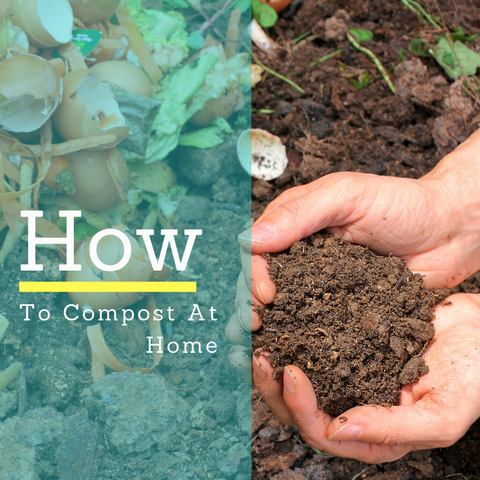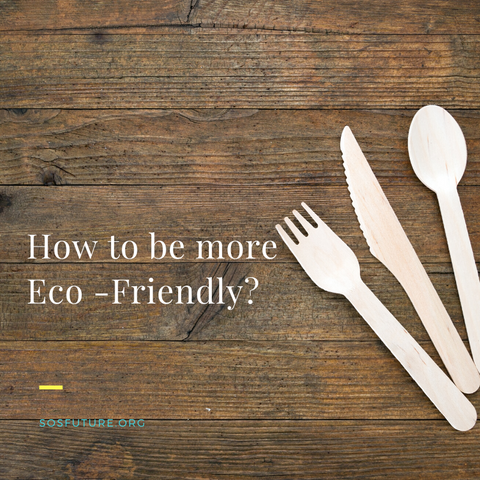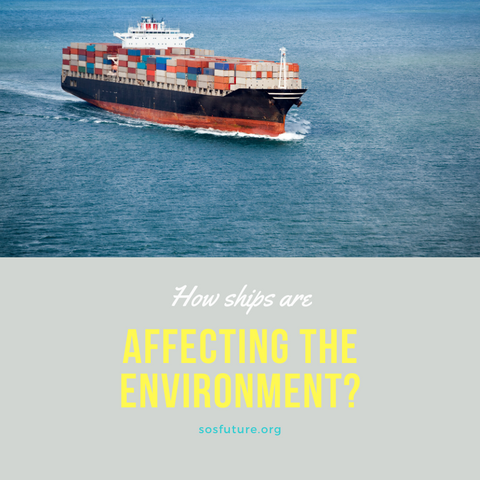Most of us are now well aware that plastic pollution is a major problem. But you might not be quite aware of the true and terrifying scale of the problem. There is no sugar coating things – there is a crisis when it comes to plastic waste. It has huge ramifications for people and planet. But rather than becoming despondent about it, it is important for everyone to recognize that we can do something about it. We all have more power as individuals than we may think to change things for the better.
The Problem With Plastic

As with any problem, the solution involves facing up to it, and understanding the issue in more depth.
Humankind has become reliant on plastic in a huge range of fields. Plastic can be a very useful material, and has many applications. Unfortunately, the properties of synthetic plastics mean that they are damaging our planet – in their creation, during their use, and when they are thrown away.
Synthetic plastics are made from finite and polluting fossil fuels. And making them involves the burning of yet more fossil fuels. The plastic industry is one of the industries with the highest carbon footprint. Each plastic item made contributes to global warming. Unfortunately, much of the plastic we use on a daily basis is single-use. It is used and thrown away. Not only is this causing our planet to warm more quickly, it is also a huge waste of energy, water and other resources.
Plastics don't biodegrade like natural materials. Instead, synthetic plastics endure for hundreds of years. So plastic is a problem that sticks around. Plastic litter forms huge ocean gyres of trash, killing wildlife and spreading pathogens and invasive species around the globe. Unfortunately, plastics that escape into natural environments or which are in daily use to often begin to break down – not into inert materials, but into smaller and smaller micro-plastic particles.
Micro-plastic particles are now found in every single ecosystem on earth – from the remote Arctic and Antarctic, to the highest peaks and the deepest ocean trenches. Micro-plastics are also found, now, within the human body. And no one yet knows exactly how much damage that can do.
You might already have tried to cut down on your single use plastic use. You might carry reusable bags, bottles and containers, for example, and avoid the use of plastic disposable plates or straws. But some of the most harmful types of plastic pollution are 'hidden'. For example, huge amounts of plastic waste are rubbed from car tires when we drive on roads. And synthetic clothing, carpets etc. shed micro-plastic particles not just when washed, but also when in daily use.
Being aware of the true scale of the problem of plastic is the first step towards tackling it. But there is a lot more each of us can do.
What Can We Do About Plastic Pollution?
Tackling plastic pollution will take a concerted effort from politicians and those in power, big business and individual consumers. As individuals we can:

- Refuse (to buy single use plastic, or other unnecessary plastic items – including synthetic textiles and other 'hidden' plastics.)
- Reduce (our general consumption. This, among other things, will help us to reduce the amount of plastic packaging over which we have no control that comes into our homes.)
- Reuse (plastic items we already own, or packaging etc... for as long as possible. And use reusable items to avoid single use plastics.)
- Repair (using traditional skills which can help us avoid new plastic products, and consumption in general, by keeping older items in use for as long as possible. We can also aid in repairing ecosystems damaged by plastic waste, but participating in beach cleans, litter picks etc..).
- Recycle (whatever plastic we can).
Recycling what plastic we can is, of course, essential. But recycling alone is not enough. It is important to understand that only a small proportion of plastic can actually be recycled. And even plastic that can be is not always recycled – due to contamination or even commercial issues. And even when plastic is recycled, it cannot usually be endlessly remade into new items. Usually, plastics can only be recycled one or twice before they are downgraded into things that then cannot themselves be recycled.
But by viewing recycling as just part of the picture, and also taking the other important steps mentioned above, we can begin to tackle the problem. Each small step we take as individuals to refuse, reduce, reuse, repair and recycle really can make a big difference. As consumers, where we choose to put our money (and where we choose not to spend it) makes a big difference – a lot of power is in our hands.





